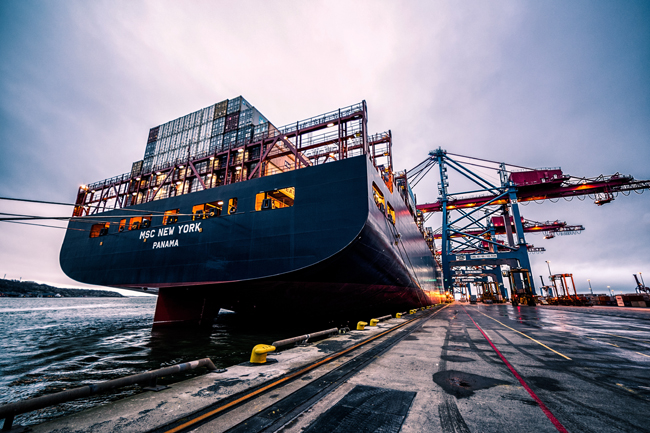The International Maritime Organization (IMO), the global regulatory body for the shipping industry, has reached an agreement to halve carbon emissions by 2050.
Almost all of the 173 member states of the IMO signed off the draft agreement, with the exceptions of the US and Saudi Arabia. The final deal was seen as a compromise: some parties, including the European Union and China, pushed for reductions of up to 70%, while Argentina and Brazil had requested lower targets.

Objections to a strong cap on emissions had mainly to do with sharply rising sea freight rates as capacity is cut, which presents particular competitive disadvantages for some countries based on the length of their primary trade routes, and increases the risk of bankruptcy for many shipping companies as costs rise.
It also presents a problem for perishable goods when ships are forced to travel slowly to use less fuel.
This is on top of an existing mandate to cut sulphur emissions by 2020, which is already estimated to cost the industry US$40 billion.
However, the deal is supported by environmental groups like Greenpeace, who hope improvements will be made when it is reviewed in the coming years.
(Source: The Wall Street Journal)



On social media? Why not give us a follow...